The UN’s 17 Sustainable Development Goals (SDGs), along with the wide range of targets and actions, set out a roadmap to achieve a more sustainable future for all.
Interested in how the SDGs might be applicable to long-range planning and actions in your community? Join other Vancouver Island-based PIBC members at the virtual Planning for a Sustainable Future: Approaches for Localizing the SDGs on Vancouver Island Symposium to discuss how you can localize the SDGs for your communities and support the global movement.
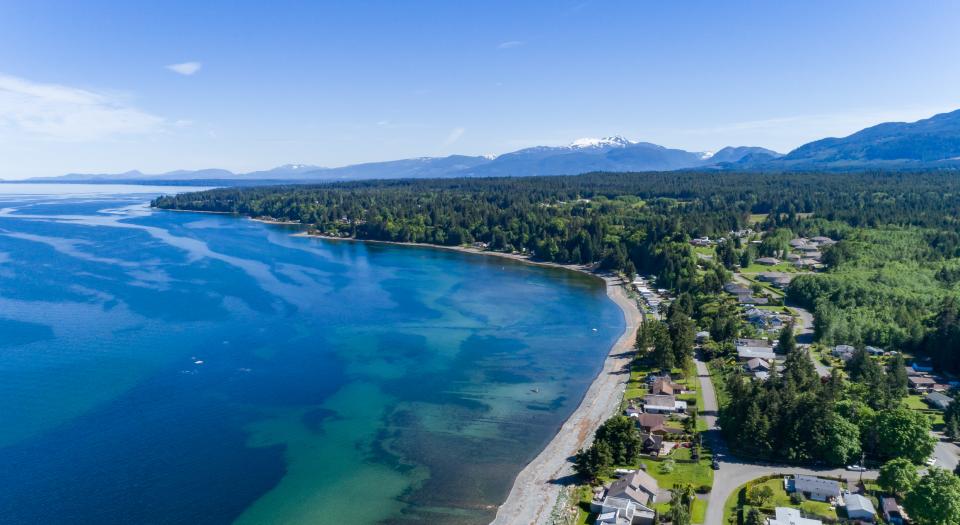
November 18, 2021
10 am - 3:30 pm
Hosted on Zoom
The 17 SDGs are intended to map the route to a more sustainable future for all. Action is required on the 17 SDGs from all levels of government as well as organizations and individuals to ensure nobody gets left behind. Vancouver Island University’s (VIU) Mount Arrowsmith Biosphere Region Research Institute (MABRRI) received funding from the Government of Canada’s Sustainable Development Goals Funding Program to promote and advance the SDGs at VIU and surrounding communities on Vancouver Island. As part of a series of events and activities, MABRRI hopes to engage PIBC members on Vancouver Island in how the SDGs are relevant to shaping and supporting long-range planning in local communities.
Island planners (including the islands in the Salish Sea) are invited to a one-day virtual symposium to start the conversation and potentially be part of a new initiative on aligning long range community planning with the SDGs. As professionals and citizens, planners play a key role in making progress toward the 2030 Global Agenda.
PIBC members in attendance at the virtual symposium will be eligible for 4.5 Continuous Professional Learning (CPL) Credits.
Outline of the Day
10 - 10:30 am: Welcome and Introduction to the SDGs
10:30 - 10:45 am: Activity - Applying the SDGs in the Planning Context
This activity aims to highlight connections between the planning profession and the SDGs as a way to make their implementation into the planning profession easier for planning professionals.
10:45 am - 12:15 pm: Panel presentations - Examples of Localizing the SDGs
The panel presentations will showcase communities in BC that are actively incorporating the SDGs into long-range planning.
-
Laurel Wayne-Nixon, British Columbia Council for International Cooperation (BCCIC), presenting on their approaches to localizing the SDGs in BC.
-
Danielle Noble-Brandt, City of Kelowna, presenting on the Voluntary Local Review (VLR) that was done in partnership with BCCIC and how the VLR will influence planning reports in the city going forward.
-
Dr. Laura Loucks and Faye Missar, Clayoquot Sound Biosphere Trust, presenting on their approaches to localizing the SDGs and their most recent project of aligning the SDGs with the OCPs in Tofino and Ucluelet.
12:15 - 1 pm: Lunch Break
1 - 3:15 pm: Workshop - Localizing the SDGs
The Workshop aims to identify key SDGs for Vancouver Island and encourage discussions on the links between the requirements of the Local Government Act, local approaches, and the 2030 Agenda.
3:15 - 3:30 pm: Closing
Presenters
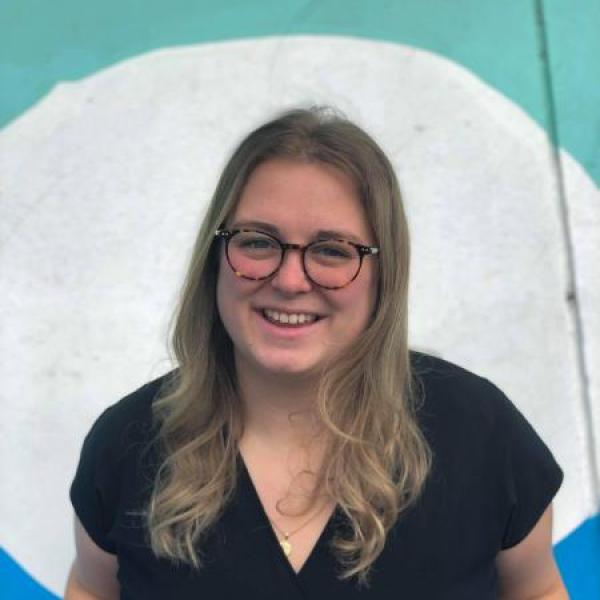
Laurel Wayne-Nixon, Operations Manager, British Columbia Council for International Cooperation (BCCIC)
Laurel moved to Vancouver in the summer of 2018 to do an internship with BCCIC. She had spent the previous year in Norway, busy with the first year of her Masters in International Environmental Studies. Prior to moving abroad, Laurel lived in Victoria and obtained a BA in Political Science and Environmental Studies from the University of Victoria. She was a cheerleader for 9 years and has an impressive house plant collection (of over 20 plants!). Laurel is passionate about the intersection between policy, food, and environmental sustainability, and she wrote her Masters thesis on the barriers that environmentally-sustainable food businesses face. Laurel started working on SDG policy briefs during her internship at BCCIC and became fully immersed in the 2030 Agenda. She sees a powerful opportunity in the SDGs, and she loves to build meaningful partnerships through BCCIC to achieve these goals.
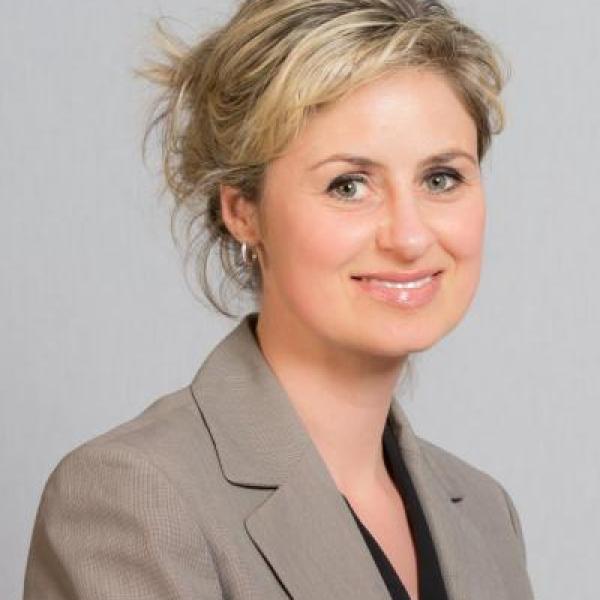
Danielle Noble-Brandt, Department Manager of Policy & Planning, City of Kelowna
Danielle Noble-Brandt is a Canadian urban planner passionate about creating places where people flourish. In her current capacity, she shares her vision for cities of the future and her belief in the importance of public sector leadership to advancing community livability through deliberate and intentional planning filtered through a public health lens.
Over the past fifteen years, most recently as the Department Manager of Policy and Planning for the City of Kelowna, she has advanced policy direction on commencing a Healthy City Strategy, Climate Action Plan update, 2040 OCP, and various strategies for revitalizing neighborhoods. Her planning practice is characterized by an emphasis on collaborations across sectors, and advancing the built environment to improve health, equity, and connectedness for communities. Today, what has captured her imagination, is the vast opportunity afforded by this moment in our history to evoke meaningful change. Important issues of unemployment, inequality, food insecurity, and climate vulnerability will require new systems and approaches to be considered.
Danielle has an Honours degree in Science from the University of British Columbia, and a Masters in Environmental Studies, Planning, from Wilfred Laurier University.
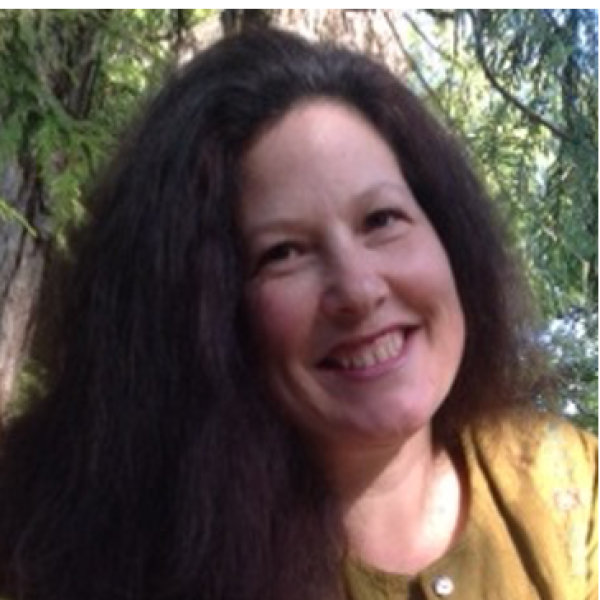
Dr. Laura Loucks, Research Director, Clayoquot Biosphere Trust
Dr. Laura Loucks lives in Tla-o-qui-aht First Nation Territory on the west coast of Vancouver Island with her husband and 2 teenage daughters. She is the Research Director for the Clayoquot Biosphere Trust (CBT) and Adjunct Professor at Royal Roads University in the School of Environment and Sustainability. Laura describes herself as a sustainable design practitioner and an academic who loves to learn. She began her career as an environmental planner for the Nova Scotia Parks and Protected Areas Systems Plan, having completed a Bachelors in Environmental Planning at the Nova Scotia College of Art and Design.
Later in her career, Laura completed her PhD in Resource and Environmental Management from Simon Fraser University and was Assistant Professor at Wageningen University, in the faculty of Agricultural Economics and Rural Policy, in The Netherlands. Since returning to Canada in 2009, Dr. Loucks joined the Associate Faculty at Royal Roads University and in 2015, she launched the first Royal Roads University-Clayoquot Biosphere Trust west coast field course on Biosphere and Sustainability, as a required course for the Royal Roads University MA program in Environmental Education and Communication.
In 2016, Dr. Loucks and her colleagues launched the first Clayoquot Biosphere Region Vital Signs reports that included SDG goals and localized data. In 2019, local Vital Signs data was used to initiate a vital conversation on Sustainable Tourism in collaboration with the District of Tofino. In 2020, Dr. Loucks developed this conversation into a mini-on-line course on Regenerative Tourism for the west coast chapter of Leadership Vancouver Island. In addition, Laura has written and published numerous articles on sustainability and community conservation. Most recently, she contributed to several chapters in the ICUN publication Communities, Conservation and Livelihoods, edited by Dr. Anthony Charles, Director of the Community Conservation Research Network at Saint Mary’s University, in Halifax Nova Scotia.
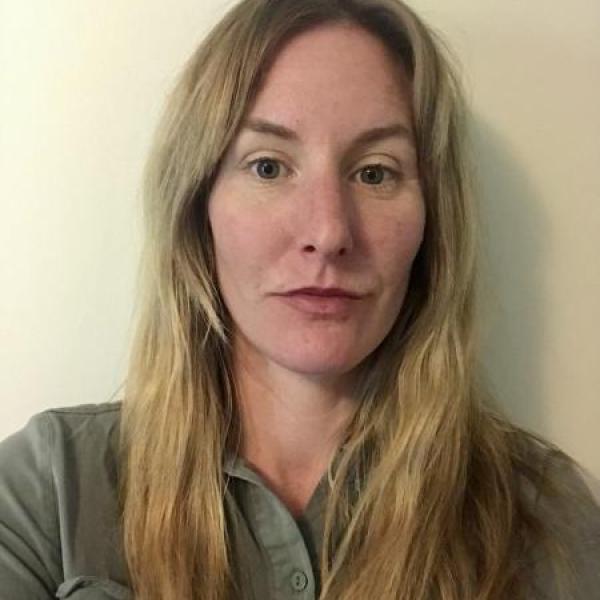
Faye Missar, Director of Community Health, Clayoquot Biosphere Trust
Faye Missar is a public health practitioner with a breadth of experience working in/with rural, remote, and Indigenous communities to promote individual, family, and community health. Her special interest areas include children and youth, harm reduction, food security, health equity, rural health, and program evaluation.
Faye leads the Coastal Family Resource Coalition, a network of health and social service providers working on the west coast of Vancouver Island and is experienced at group facilitation and participatory processes. In her role as Director of Community Health at the Clayoquot Biosphere Trust (CBT), Faye co-leads the development of the Clayoquot Sound's Vital Signs report alongside her colleague Dr. Laura Loucks, and leads the development of the Clayoquot Sound Living Wage calculation. Both research projects integrate community-based data with the sustainable development goals (SDG) to localize the SDG's as well as raise awareness of the global goals at a local level.
Emcee
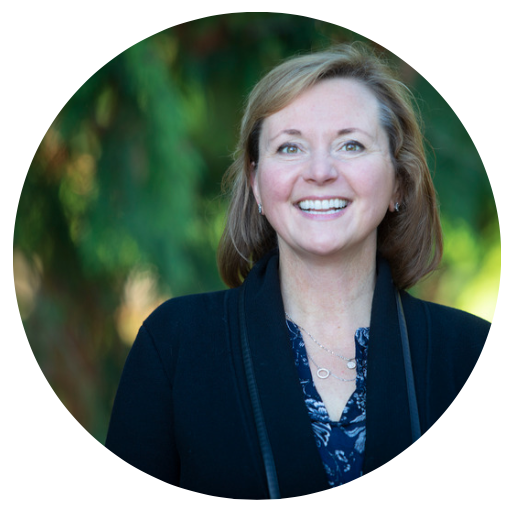
Dr. Pamela Shaw, Director of VIU's Master of Community Planning Program and Research Director of the Mount Arrowsmith Biosphere Region Research Institute
Pamela Shaw PhD RPP FCIP FRCGS is a 3M Teaching Fellow; Member of the Royal Society of Canada’s College of New Scholars, Artists and Scientists; Director of the Master of Community Planning Program at Vancouver Island University; Research Director of the UNESCO Mount Arrowsmith Biosphere Research Institute (MABRRI); Founder and Senior Editor of the International Journal of UNESCO Biosphere Reserves; a Fellow with the Royal Canadian Geographical Society as well as with the Canadian Institute of Planners; co-author of “Planning Canadian Communities”; and has over 35 years of experience as a professional planner. She is currently serving the Vice Chair of the Canadian Biosphere Reserve Association and Co-Chair of the CIP College of Fellows. Pam’s current research focuses on human/nature relationships.
Registration
Space is limited to 60 participants! For those who RSVP and are no longer able to attend, please let us know by cancelling your RSVP so that others are given the opportunity to attend.
More information
Throughout 2018 and 2019, the MABRRI team investigated how VIU is meeting the SDGs. Through an extensive review and community engagement, the MABRRI gained an understanding of how VIU is meeting the SDGs and can continue to do so in the future. In early 2021, VIU received funding from the Government of Canada’s Sustainable Development Goals (SDG) Funding Program for the Universities and the SDGs: Engaging the campus community with the 2030 Agenda project. This project aims to continue promoting and advancing the SDGs at VIU and its surrounding communities through community outreach and raising awareness on the SDGs. The primary outcome of the community outreach is to increase exposure and knowledge of the SDGs at VIU and surrounding communities. Ideally, increasing knowledge of the SDGs will foster collaborative projects amongst VIU and surrounding local organizations to further address the SDGs regionally.
Learn more about Universities and the SDGs project
In 2015, the United Nations adopted the 17 Sustainable Development Goals (SDGs) as part of the 2030 Agenda for Sustainable Development. The SDGs call for immediate action from all countries to achieve a more sustainable future for all. Acting as a blueprint, the Goals aim to lead nations to achieve social, economic, and cultural prosperity while simultaneously caring for and protecting the earth.
Learn more about the United Nations Sustainable Development Goals
We acknowledge with respect and gratitude that this event will be taking place on Coast Salish, Kwakwaka’wakw, and Nuu-chah-nulth territories, which spans across Vancouver Island and neighboring islands. MABRRI is grateful for the opportunity to host this event from the traditional unceded territory of the Snuneymuxw First Nation, which will welcome planners residing upon all 53 First Nation territories on Vancouver Island and surrounding islands.
The Universities and the SDGs project is funded in part by the Government of Canada’s Sustainable Development Goals Funding Program.

